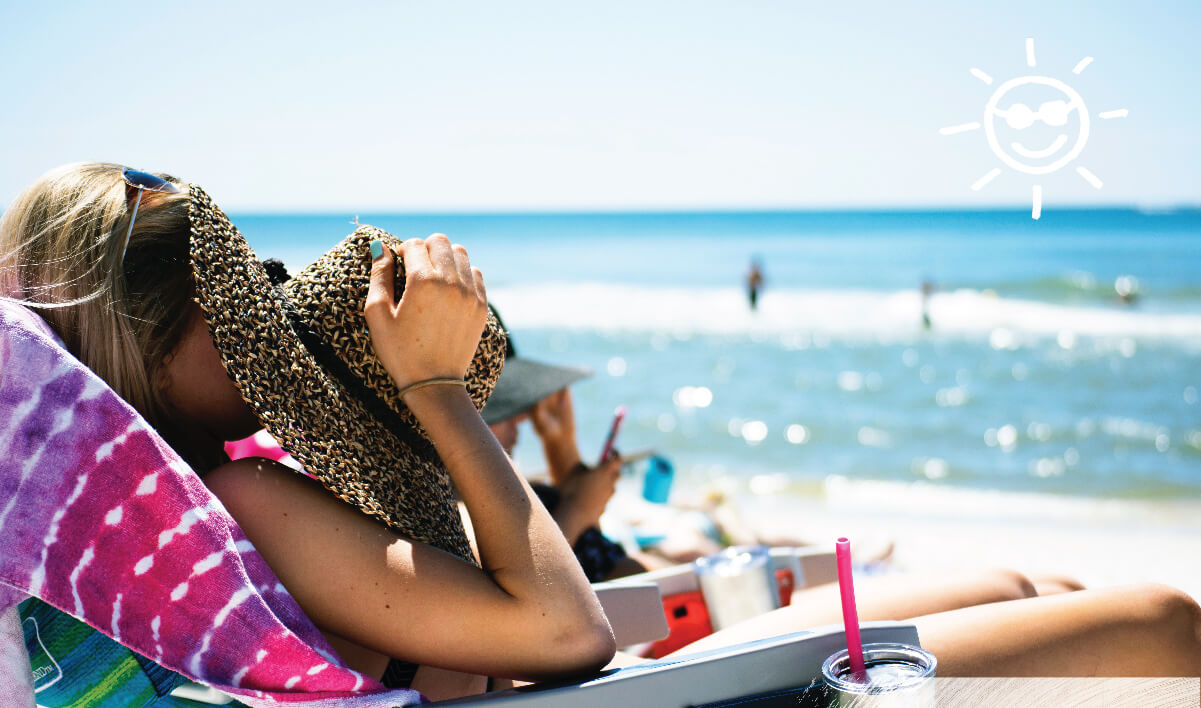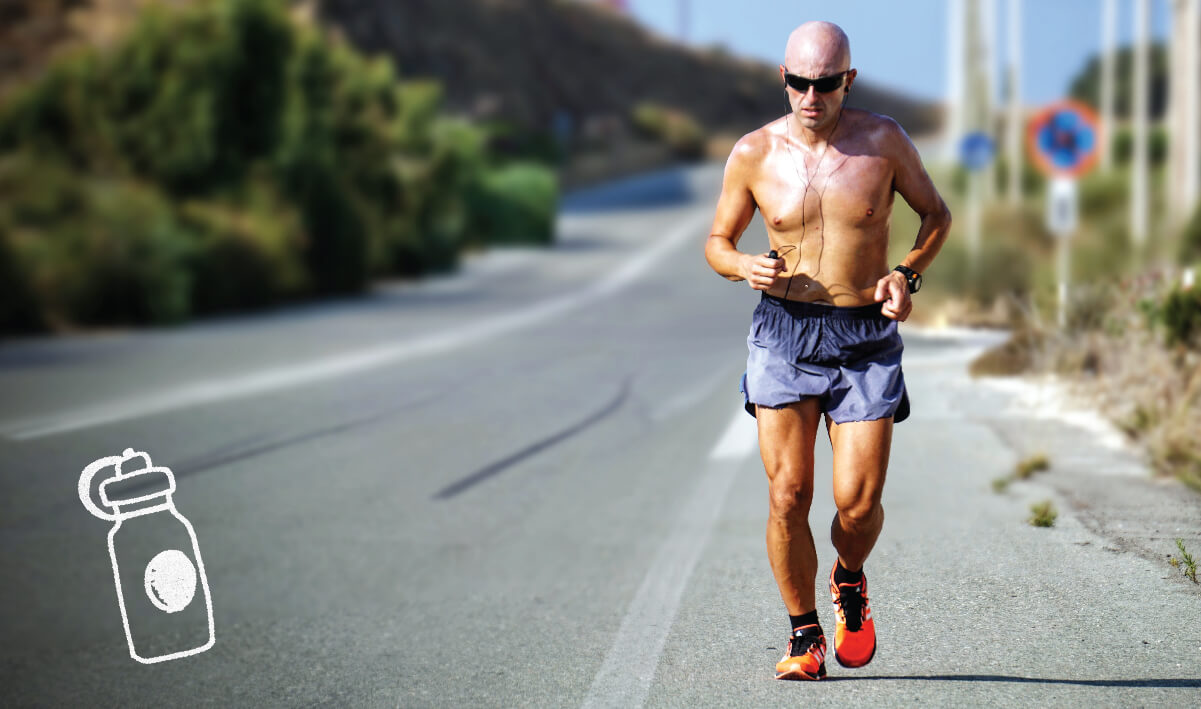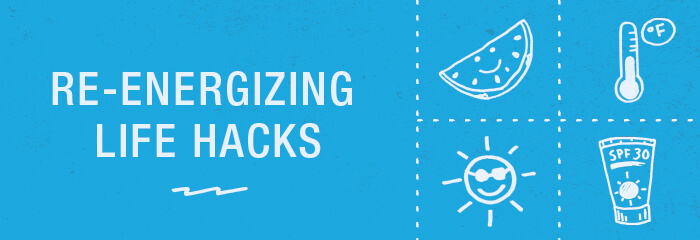Practical reminders, common sense approaches and clever solutions to avoid everyday challenges and live your best life.
Spring is here...finally.
The sun is out, and we can't wait to get out and enjoy the warmth. But not so fast — danger can lurk in those bright sunbeams. In the short term, too much sun can lead to sunburn, eye damage, dehydration and heat stress. In the long term, exposing your skin to ultraviolet rays can cause wrinkles and, even worse, skin cancer and immune system suppression.
Pretty scary, right?
It doesn't have to be. Learn how to protect yourself from the damaging effects of the sun while enjoying the warmth and light it brings.
Limit Your Exposure to the Sun

The easiest way to protect yourself from too much sun is to limit your exposure. This doesn't mean you have to stay out of the sun entirely; you can still enjoy its rays by following these tips:
- Use a broad-spectrum water-resistant sunscreen with an SPF of 30 or higher on exposed skin. With so many sunscreen products on the market, it's easy to find one that suits your needs. Our favorite for faces is a three-in-one product: a tinted moisturizer with SPF 30.
- Don't skimp on the sunscreen. It can't protect you if you spread it too thinly or don't reapply it at least every two hours.
- It isn't necessary to purchase clothing specifically designed to block the sun; most clothing can provide adequate sun protection. Wear loose-fitting long-sleeved shirts and pants made from breathable fabric. Contrary to popular belief, long-sleeved pants and shirts don't make you hotter; it's tight-fitting and non-wicking fabric that traps your body heat.
- If you spend a lot of time in the water, consider wearing sun-protective rash guards. Water and sand reflect the sun, increasing potential UV-ray exposure.
- Limit your time in direct sunlight and try to be out of the sun between 10 a.m. and 4 p.m. when its rays are strongest. Seek shade even on overcast days since as much as 90 percent of the sun's rays can still penetrate clouds.
- Rely on the UV Index forecast to determine how strong the sun's rays will be each day. When the UV Index is 3 or higher, protect your skin accordingly.
- Look for sunglasses that block both UVA and UVB rays. They should have medium to dark lenses large enough to completely cover your eyes, and a wraparound design to block light from entering from the side. Then wear them whenever you're outside. You can also get extra eye protection from a wide-brimmed hat.

Avoid Heat Stress
Heat stress, which causes you to lose the ability to self-regulate body temperature, can lead to health issues such as rashes, fainting and heat exhaustion. It can be extremely dangerous; for example, heat stroke can damage the heart, lungs, kidneys and liver, and even cause death.
Heat stress is mainly brought on by a combination of overexposure to the sun, dehydration and physical activity. To prevent heat stress, drink enough liquids so that you never feel thirsty and limit the amount of time you are physically active in full sunlight.

Check Your Medications
Some medications may increase your health risk in extreme heat or make your skin more sensitive to UV rays. Consult with your doctor about the effects of heat or sunlight on any meds you are taking.
Don't let the downsides of being in the sun keep you from enjoying one of the best things about spring and summer. Apply your sun protection and limit your exposure. Then be confident in the knowledge that you're safe in the sun.
Now go — get outside and play!



